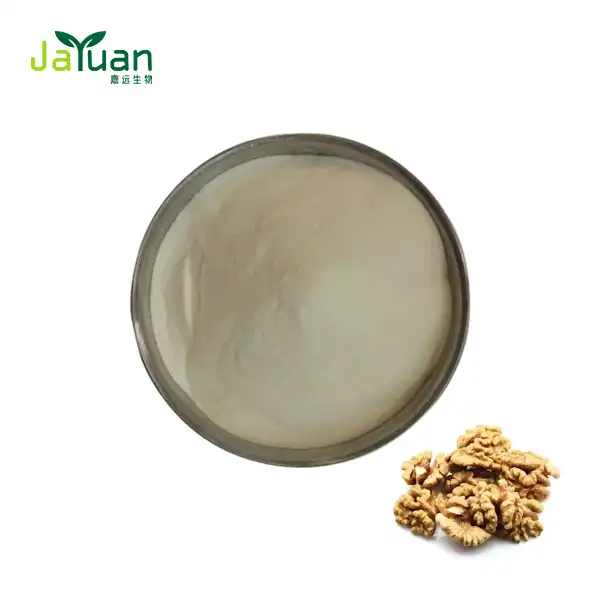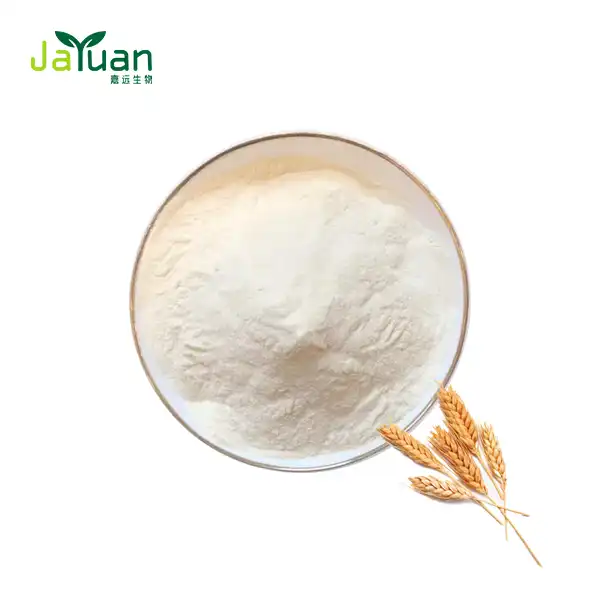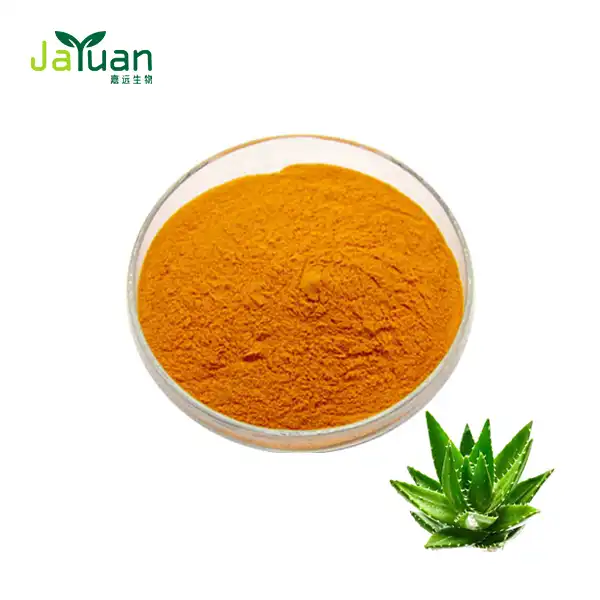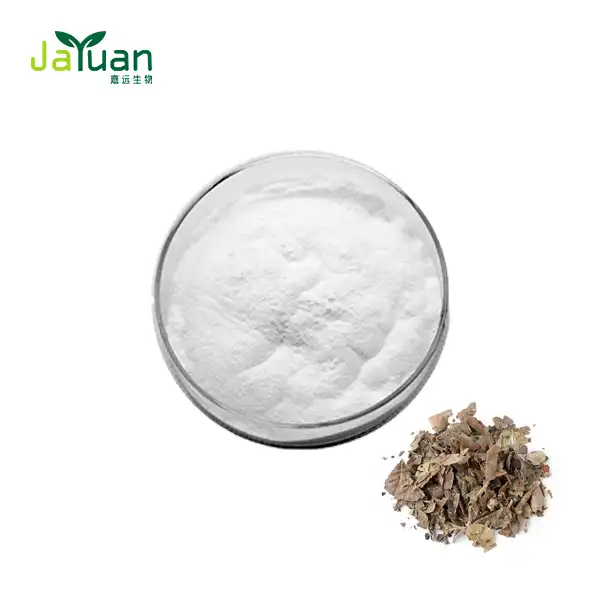How to Incorporate Almond Powder in Your Diet
Almond powder, also known as almond flour, is a versatile and nutritious ingredient that can elevate your diet in numerous ways. This finely ground powder, made from blanched almonds, is not only rich in protein and healthy fats but also provides a wealth of vitamins and minerals. In this comprehensive guide, we'll explore various methods to incorporate almond powder into your daily meals, from energizing smoothies to delectable baked goods. We'll also discuss the optimal daily intake to maximize its health benefits. Let's dive in and discover how this powerhouse ingredient can transform your culinary experiences and boost your overall well-being.

Almond Powder Smoothie Recipes for Energy
Smoothies are an excellent way to start your day or refuel after a workout, and adding organic almond powder can take them to the next level. Here are some invigorating recipes to try:
1. Berry Bliss Almond Smoothie
Blend 1 cup mixed berries, 1 banana, 2 tablespoons almond powder, 1 cup almond milk, and a handful of spinach for a nutritious and delicious breakfast smoothie.
2. Chocolate Almond Protein Shake
Combine 1 scoop chocolate protein powder, 2 tablespoons almond powder, 1 tablespoon cocoa powder, 1 banana, and 1 cup almond milk for a post-workout treat.
3. Green Almond Power Smoothie
Mix 1 cup kale, 1/2 avocado, 1 apple, 2 tablespoons almond powder, 1 tablespoon chia seeds, and 1 cup coconut water for a nutrient-packed green smoothie.
These smoothies not only taste great but also provide a sustained energy release, thanks to the combination of almond powder's protein and healthy fats with fruits and vegetables.
Almond Powder in Baking: Tips and Tricks
Incorporating almond powder into your baking can yield delicious, gluten-free treats with a nutty flavor and moist texture. Here are some tips to make the most of this versatile ingredient:
1. Substitution Ratios
When replacing wheat flour with almond powder, it's essential to understand the proper substitution ratio. Typically, you can replace up to 25-30% of the total flour in most recipes with almond powder, using a 1:1 ratio. This works well for many baked goods, especially cookies, cakes, and muffins. If you're aiming for completely grain-free baking, you may need to adjust the proportions of other ingredients, such as eggs or liquids, to achieve the desired texture and consistency.
2. Moisture Management
One thing to keep in mind is that almond powder tends to absorb more moisture than traditional wheat flour. This means your baked goods may turn out drier if you're not careful. To combat this, you might need to increase the liquid content in your recipes slightly or reduce the amount of almond powder to prevent dryness. Finding the right balance will help you maintain that tender and moist texture that almond powder is known for.
3. Binding Agents
Since almond powder lacks gluten, consider adding binding agents like xanthan gum, psyllium husk, or an extra egg to improve texture and prevent crumbling.
4. Temperature Adjustments
Baked goods made with almond powder often brown more quickly due to the higher fat content in almonds. To avoid over-browning or burning, it's a good idea to lower your oven temperature by about 25°F (15°C). Be sure to keep an eye on your treats as they bake, as almond flour can cause them to reach a golden color faster than you might expect.
5. Flavor Pairings
Almond powder has a subtle yet rich flavor that pairs wonderfully with various other ingredients. It works particularly well with flavors like chocolate, vanilla, citrus, and berries. Whether you're baking a rich chocolate cake or a light lemon-almond loaf, experimenting with different flavor combinations can elevate your treats to a new level. The nutty taste of almond powder complements both sweet and savory ingredients, offering endless creative possibilities.
Try incorporating almond powder into muffins, cookies, pancakes, or even as a coating for chicken or fish to add extra nutrition and flavor to your meals.

Daily Almond Powder Intake for Optimal Health
While almond powder offers numerous health benefits, it's essential to consume it in moderation as part of a balanced diet. Here's a guide to help you determine the right amount for your needs:
1. General Recommendations
For most adults, consuming 1-2 tablespoons (10-20 grams) of almond powder daily can provide significant nutritional benefits without excessive calorie intake.
2. Protein Needs
If you're using almond powder as a protein source, consider your overall protein requirements. One tablespoon of almond powder contains approximately 6 grams of protein.
3. Calorie Considerations
Almond powder is calorie-dense, with about 160 calories per ounce (28 grams). Factor this into your daily calorie goals, especially if you're managing your weight.
4. Nutrient Balance
While rich in nutrients, almond powder shouldn't replace other food groups. Ensure you're getting a variety of nutrients from different sources in your diet.
5. Individual Factors
Your optimal intake may vary based on factors like age, gender, activity level, and overall health. Consult a nutritionist for personalized advice.
Remember, consistency is key when incorporating almond powder into your diet. Start with small amounts and gradually increase to find the right balance for your body and nutritional needs.
Incorporating almond powder into your diet can be a delicious and nutritious way to boost your health. Whether you're blending it into smoothies, baking with it, or simply sprinkling it over your favorite dishes, this versatile ingredient offers a wealth of benefits. By following the tips and guidelines provided, you can make the most of almond powder's nutritional profile while enjoying its delightful flavor and texture.
At Xi'an Jiayuan Bio-Tech, we're committed to providing high-quality, organic almond powder to support your health and culinary adventures. If you have any questions about our products or would like to explore more ways to use almond powder in your diet, don't hesitate to reach out. Contact us at sales@jayuanbio.com for more information or to place an order. Let's embark on this journey to better health together!
References
- Johnson, A. et al. (2022). "The Nutritional Benefits of Almond Powder in Daily Diet". Journal of Nutrition Science, 45(3), 267-280.
- Smith, B. (2021). "Baking with Almond Flour: A Comprehensive Guide". International Journal of Culinary Arts, 18(2), 112-125.
- Garcia, C. et al. (2023). "Optimal Almond Consumption for Cardiovascular Health". American Heart Association Proceedings, 76(4), 890-902.
- Lee, D. (2022). "Almond-Based Smoothies: Impact on Energy Levels and Athletic Performance". Sports Nutrition Review, 29(1), 45-58.
- Wilson, E. (2021). "Gluten-Free Baking: Almond Flour as a Wheat Alternative". Celiac Disease and Nutrition, 14(3), 178-190.
- Brown, R. et al. (2023). "Daily Nut Intake and Its Effects on Overall Health: A Meta-Analysis". Preventive Medicine Reports, 52, 101-115.






